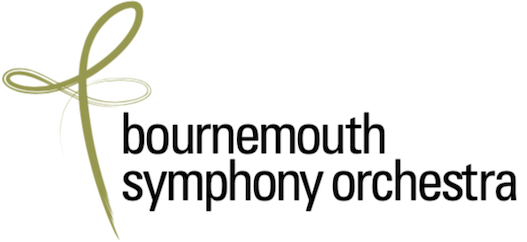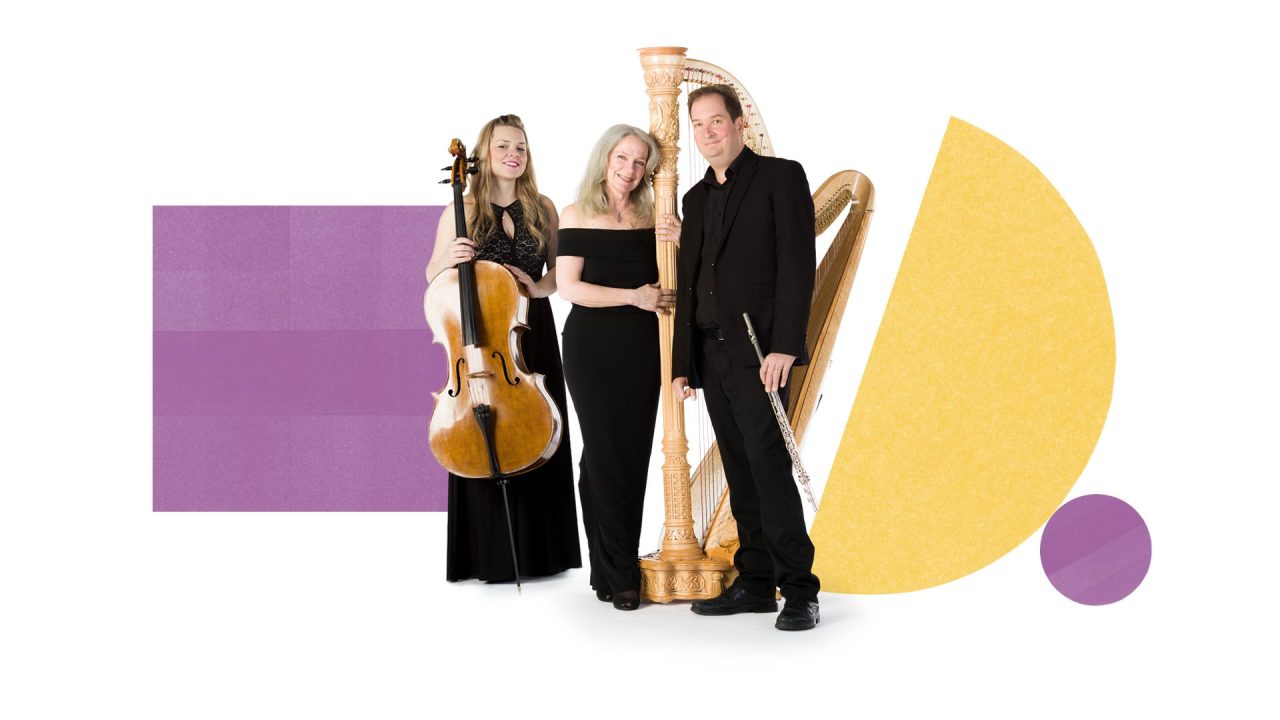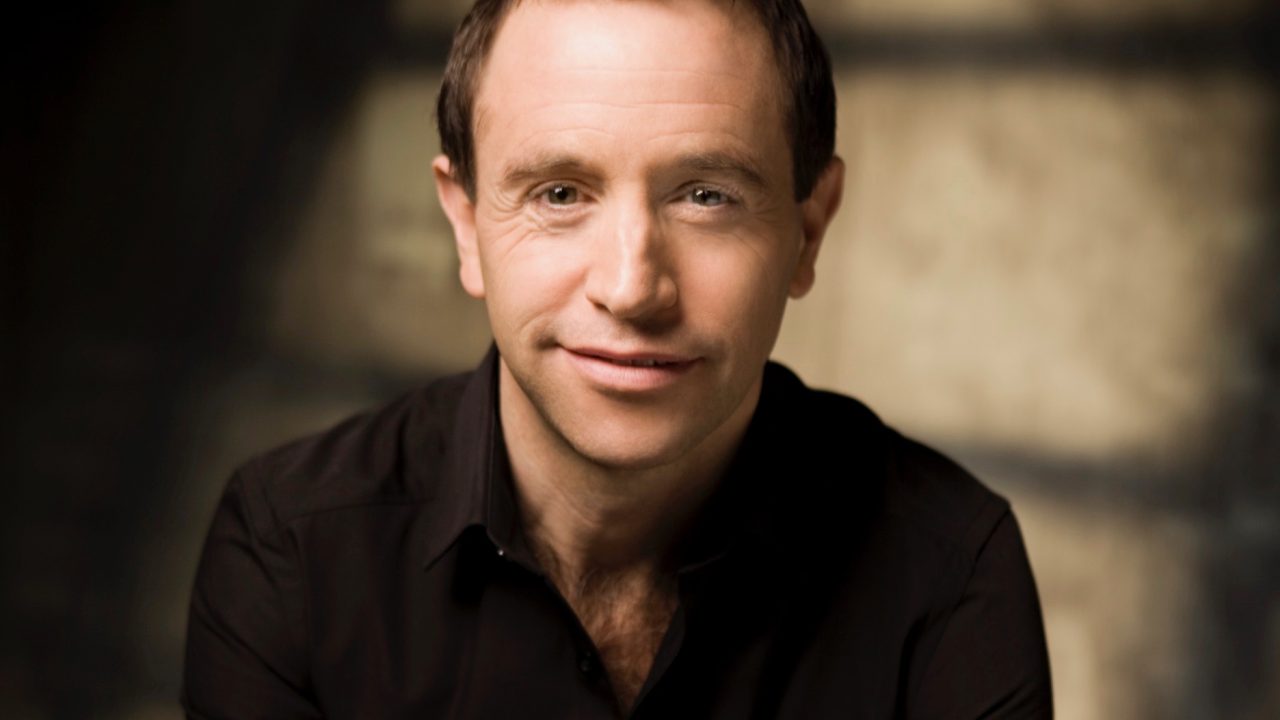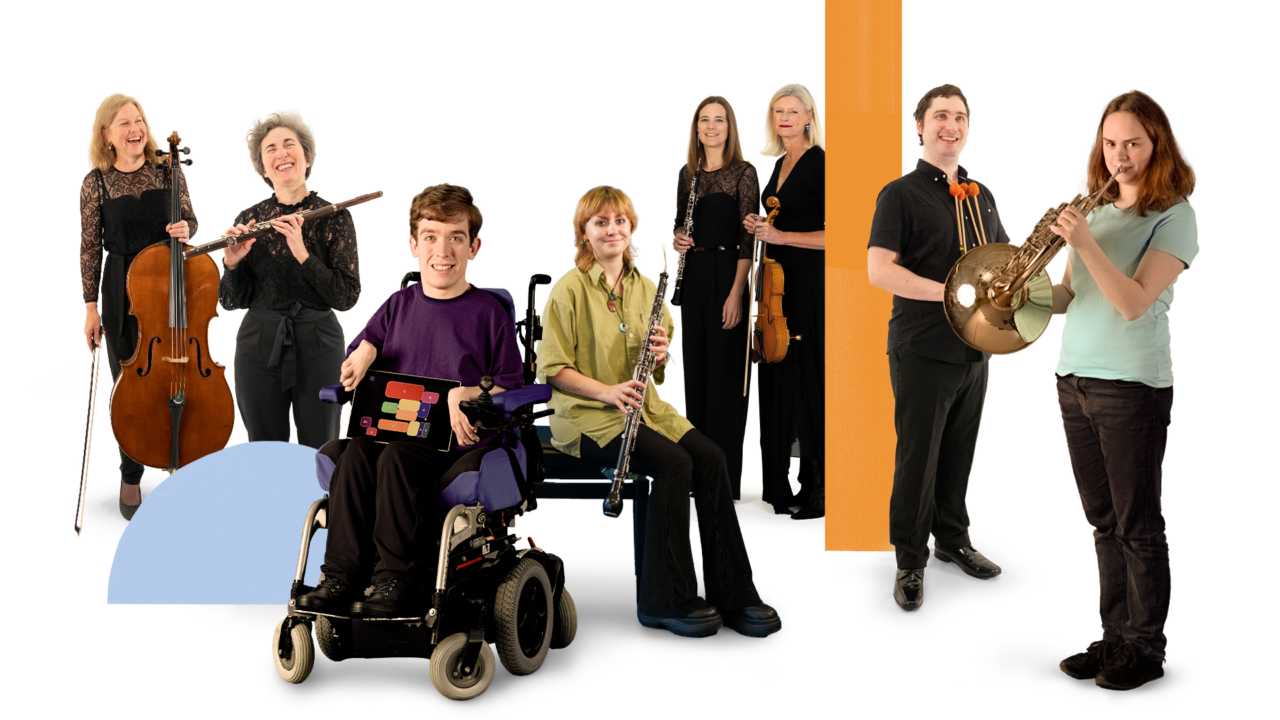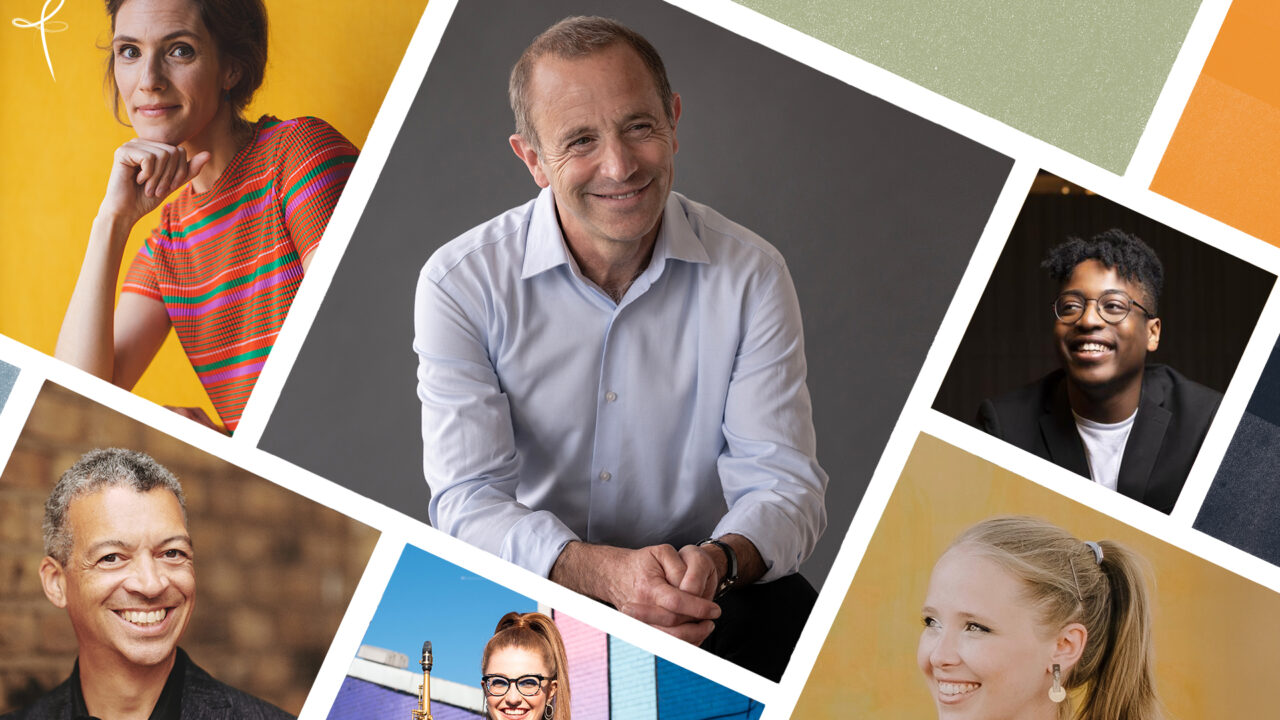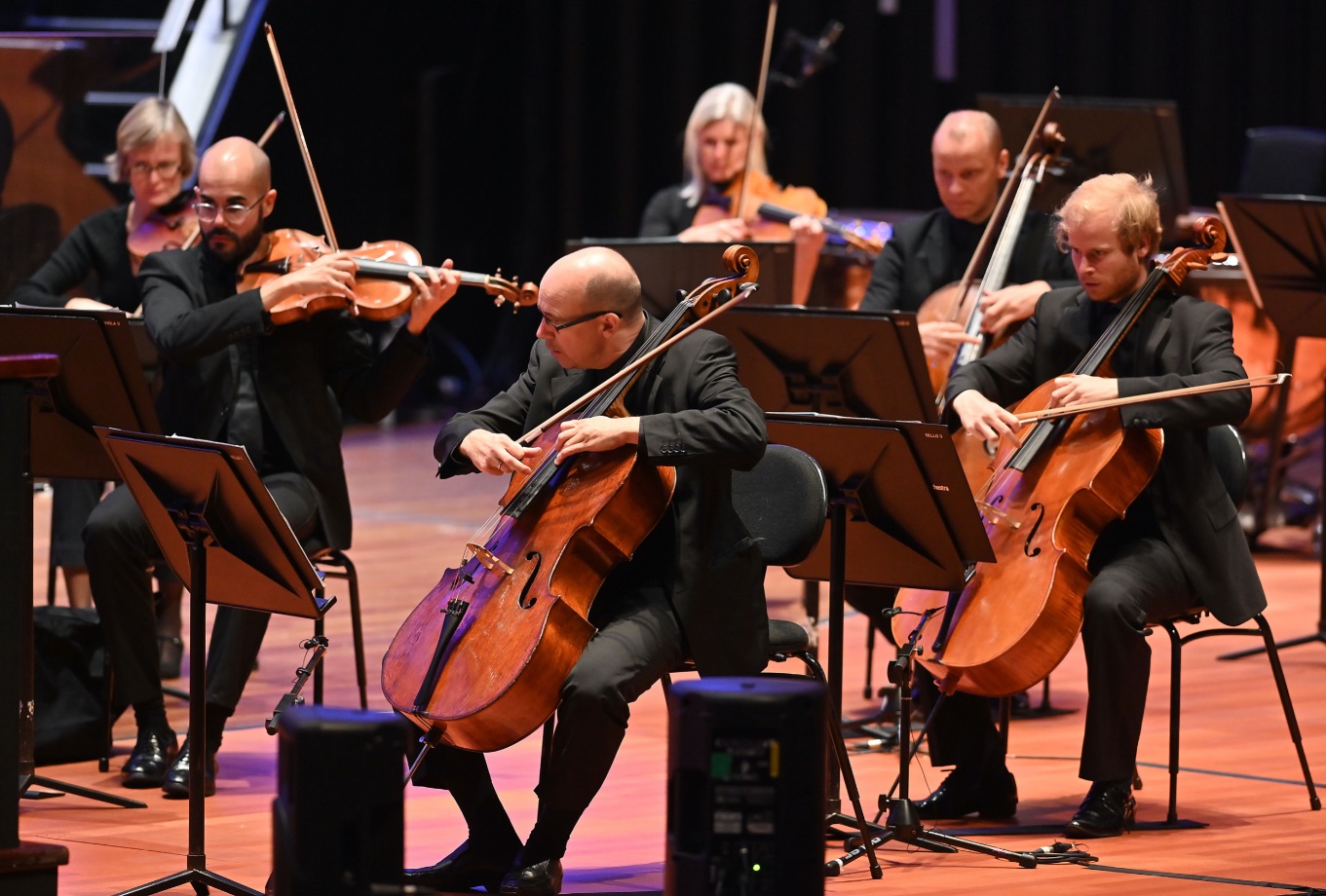Tell us about your introduction to the cello? What first attracted you to the instrument?
My father is a very passionate amateur violinist and he always had a dream of creating a string quartet at home with his children. So he needed a cellist and apparently I looked like one! The cello has such wonderful singing qualities. From the amazing vibrations and depth of the lower strings all the way to the higher soaring soprano register. There are endless sound possibilities to it.
Talk us through your journey in music — where did you study?
I first started playing the piano and later at age eight, the cello. Even though I’ve always liked the piano I think I preferred the cello because of the social aspects as a child playing the cello including performing in chamber music ensembles as well as lots of different orchestras. I did my main studies in Stockholm at the Edsberg Institute, with professor Frans Helmerson and Torleif Thedeen. I later continued at Guildhall School of Music & Drama in London with Louise Hopkins. I was always very lucky in having teachers that challenged me and pushed me in a very positive way but while always putting the music first.
What brought you to the UK, and more specifically to the BSO?
I came to England to study for a year or two and now more than 20 years later I’m still here! One day a cellist friend of mine told me that the BSO was looking for a Principal Cellist. I first had to look on a map to see where Bournemouth was… then I got in contact with the orchestra and luckily things worked out. I moved down to Bournemouth with my family 4 years ago and that’s been the best move I’ve ever made!
What were your first impressions of working with the BSO?
The BSO is like a big family. It is made up of very friendly people where everyone helps out and looks after each other. The orchestra love performing and I think that really comes across on stage and makes this a very unique ensemble.
You feature as a soloist in Fauré’s Élégie as well as in the chamber recital featuring your fellow principal musicians… what are you looking forward to most in this autumn series?
Well, as a child many years ago, I heard Stephen Hough performing Rachmaninov’s Piano Concerto No.3 with the Gothenburg Symphony. I was absolutely blown away by his electrifying playing. He’s now coming to the BSO performing one of my all-time favourite concertos, Brahms Piano Concerto No.2. The piece is massive and monumental but it is also so utterly beautiful, and it does have a very nice cello tune as well!
You play in the prestigious Kungsbacka Piano Trio, how did you get involved in this and what does it mean to you?
Chamber music was the first proper music I ever got to play (quartets at home with my family). It’s a wonderful way of communicating. When I perform with my trio colleagues (we’ve known each other for 25 years), it’s like having a jolly interesting and fun conversation on stage. You never know exactly what the other person might say but whatever gets thrown in your direction you have to respond, challenge back and hopefully at the end, the audience will enjoy and feel part of it as well. It’s very, very exciting!
You and your son featured in the final BSO@Home in the summer… have you been able to experience lots of music-making together this year?
It’s obviously been a very strange year for all of us. One of few positives has definitely been that I’ve had more time than usual with my family. During lockdown music became such an important part of our daily life as a family. Playing together made us enjoy the simple things in life and for a little while also forget about all the strange things going on around us. Music is a wonderful thing.
Hear Jesper perform Fauré’s Élégie in our Elgar’s Enigma concert on the 25 Nov. He also takes a special place in our evening of chamber music Souvenirs of Florence, 18 Nov.
For all details of the new season and to book click here
